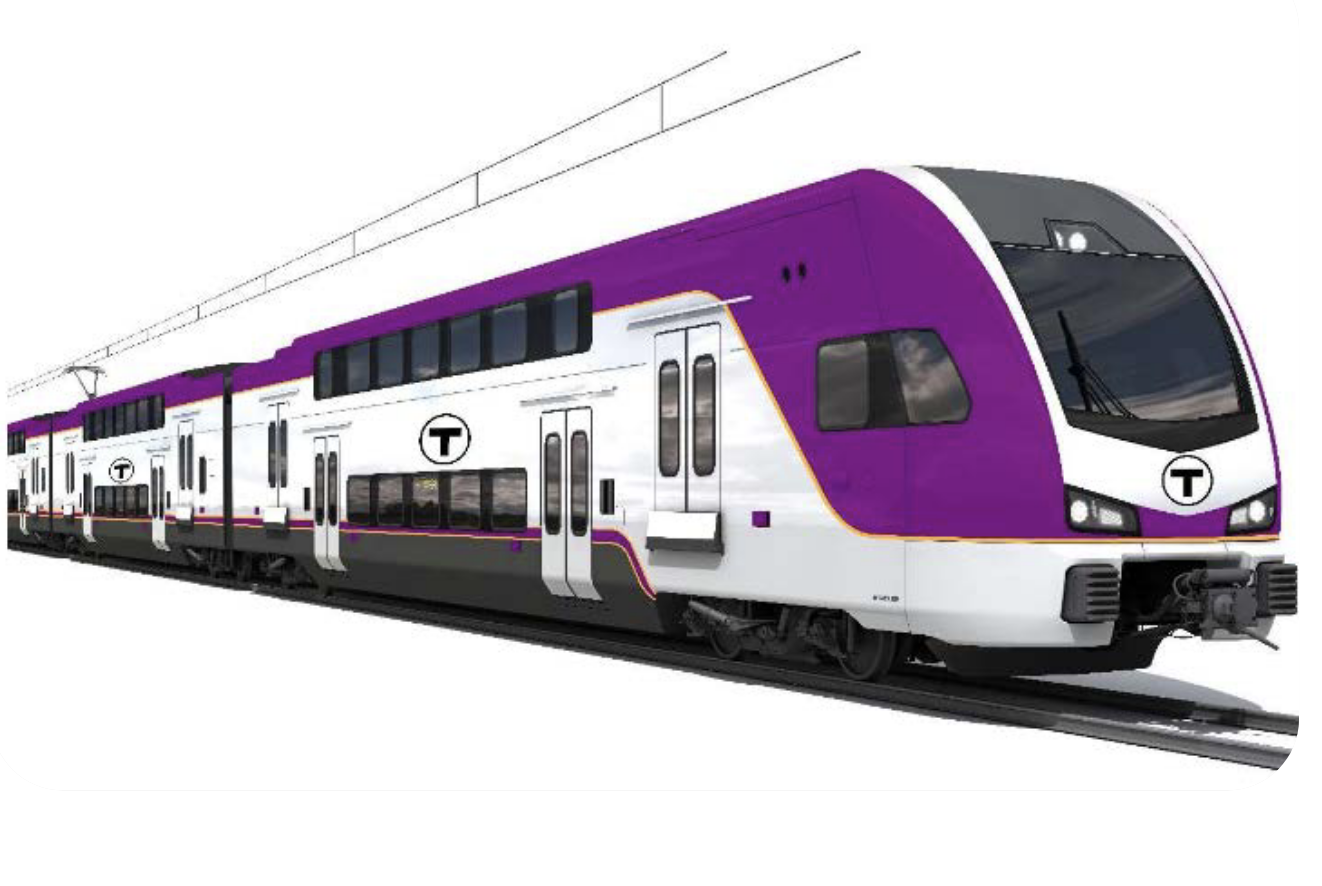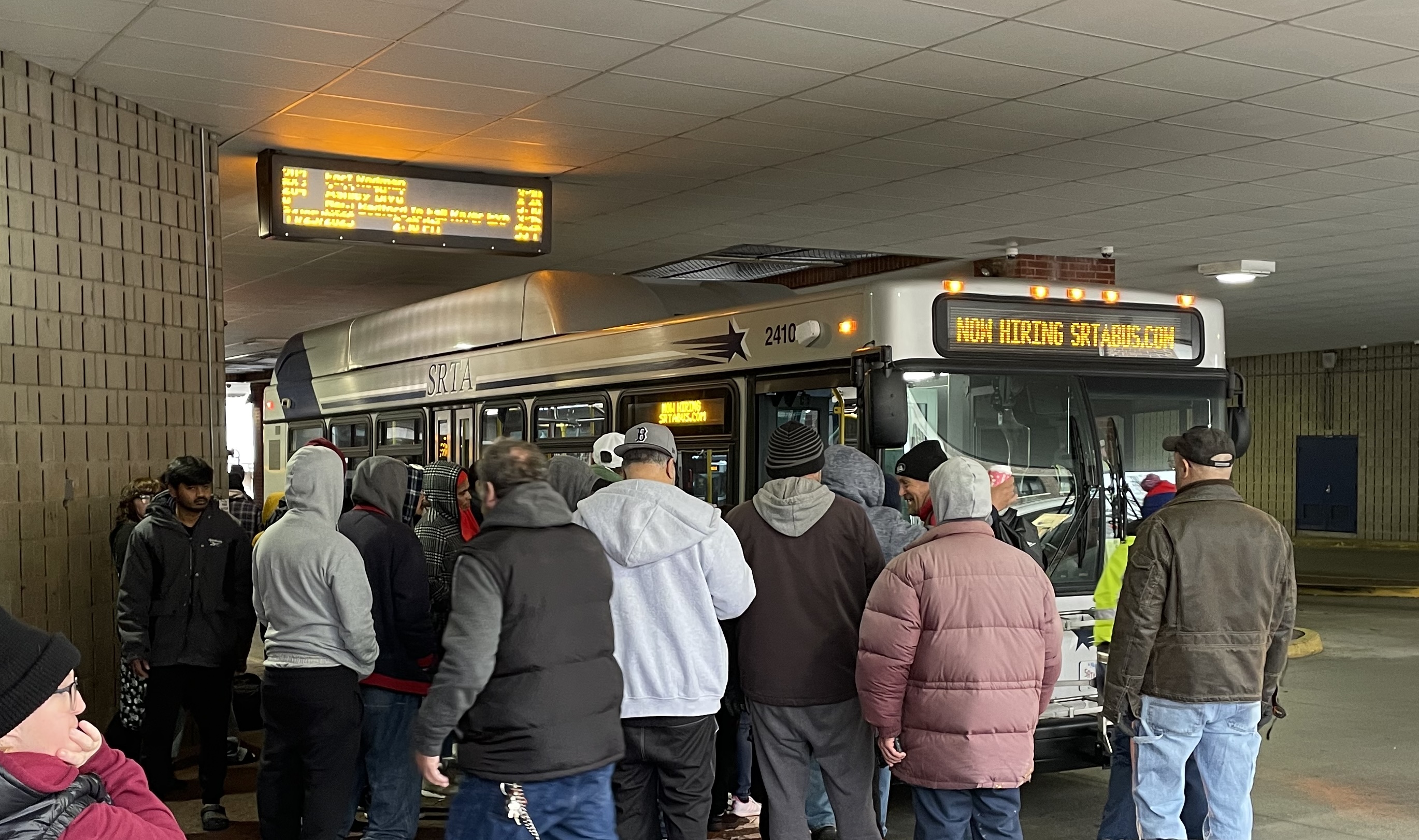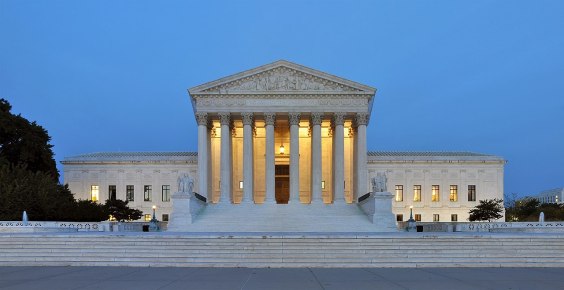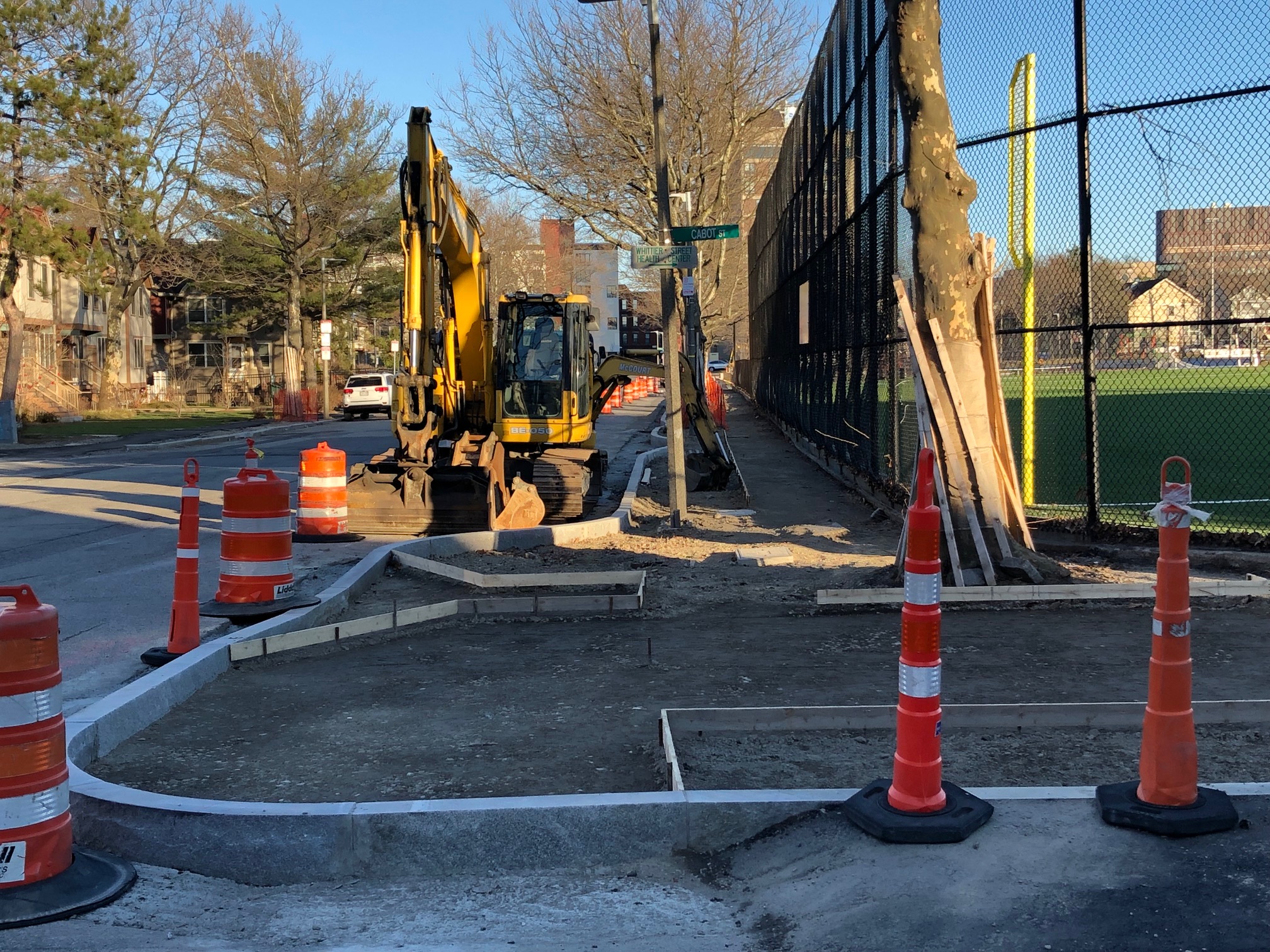A few months after adopting a citywide 25 mph speed limit, the City of Worcester is now considering whether to adopt a Vision Zero action plan that aims to eliminate deaths and severe injuries on the city's roadways within the next decade.
The city is currently soliciting feedback on the draft plan through the end of February, and city officials hope that the Worcester City Council will formally endorse the policy later this spring.
"There’s more work that needs to happen after the report is finalized, and that’s where we’ll shift gears to develop implementation plans, and monitor our progress and how they’re working in the field," says Stephen Rolle, Worcester's Commissioner of Transportation and Mobility.
“I’ve lived here since the 1990s, and it’s exciting to have this city commit to a long-range transportation plan and this Vision Zero plan,” Karin Goins, a public health advocate and the co-founder of WalkBike Worcester, told StreetsblogMASS.
Unusually unsafe streets
According to the City of Worcester's crash records, between 2019 to 2023, there were 45 fatal crashes on Worcester’s streets, and another 461 additional crashes that caused severe injuries.
Last summer, a series of high-profile acts of violence stoked public outrage and added urgency to the city's Vision Zero planning, which was already underway.
In June, a driver struck and killed Gianna Rose Simoncini, a 13-year-old girl, on Belmont Street, a six-lane road designed to promote reckless driving speeds; a month later, another speeding driver on Shrewsbury Street, a four-lane road, shattered the skull of 13-year-old Ayuen Leet and put her into a coma for weeks.
In the wake of those crashes, the city's Mayor and City Manager declared a "road safety and traffic violence crisis." In their statement, the two men declared that "the Vision Zero team is accelerating the project schedule, and in coming weeks will begin releasing key study findings and initial actions that can be implemented rapidly."
A few weeks later, the City Council approved an ordinance to adopt a citywide 25 mph speed limit, with additional provisions to establish 20 mph safety zones in key locations.
Focus on safer roadway designs for high-injury streets
The city's new Vision Zero plan puts a particular focus on a "priority network" of busy arterials that account for only 7 percent of the city's roadways, but more than half of its severe and fatal crashes.
Many of these roadways are multi-lane roads, like Chandler Street, Park Avenue, Belmont Street, and Shrewsbury Street.
But the network also includes numerous two-lane streets that have bus routes and high volumes of foot traffic – like Main, Lincoln, and Highland Streets.

"The legacy we have with the way Worcester developed, we do have a lot of wide, dangerous streets," Goins told StreetsblogMASS.
Goins admits that it's not realistic to expect City Hall to redesign all of these streets at once. But she says that a lot can be done with low-cost interventions.
"We're looking at the annual paving program to make incremental improvements, and being opportunistic when federal funding is available," Goins said. "As an advocate, it’s important to think about things like demonstration projects, helping people understand how we can do this with much less money than complete curb-to-curb rebuilds."
"The plan is only as valuable as what we do with it afterwards," Rolle told StreetsblogMASS. "So the implementation is going to be really critical."
Rolle told StreetsblogMASS that, even before the Vision Zero plan is formally adopted, his department is already working on several safety projects in the priority network for the upcoming construction season, including:
- Pedestrian crossing improvements for Cambridge Street
- A quick-build reconfiguration project to tighten up the wide intersection of Cambridge and Richards Streets
- Design of two new crosswalks on Shrewsbury Street
- Improvements to the city's neighborhood speed hump program
Additionally, design work continues to advance on two larger MassDOT reconstruction projects on Chandler Street, which connects downtown Worcester with the campus of the Worcester State University on the city's west side.
One project, scheduled to begin construction next year, would replace the wide X-shaped intersection of Chandler and May Streets with roundabouts, and another project, scheduled for 2027, would introduce a road diet and protected bike lanes and safer crosswalks on the inner segment of Chandler Street.
Worcester could join Boston, Somerville, Cambridge, and Lexington with Vision Zero commitment
A handful of other cities in the Commonwealth have also adopted Vision Zero policies.
Mayor Marty Walsh endorsed a Vision Zero for the City of Boston in 2015, and the cities of Cambridge and Somerville followed suit in 2016 and 2017, respectively.
More recently, the Town of Lexington adopted Vision Zero in 2022, and the Town of Brookline is currently developing a Vision Zero policy.
Additionally, the Boston regional Metropolitan Area Planning Organization is currently developing a regional Vision Zero action plan that will help the agency prioritize federal funding for safety projects in the 97 Eastern Massachusetts municipalities it covers.






